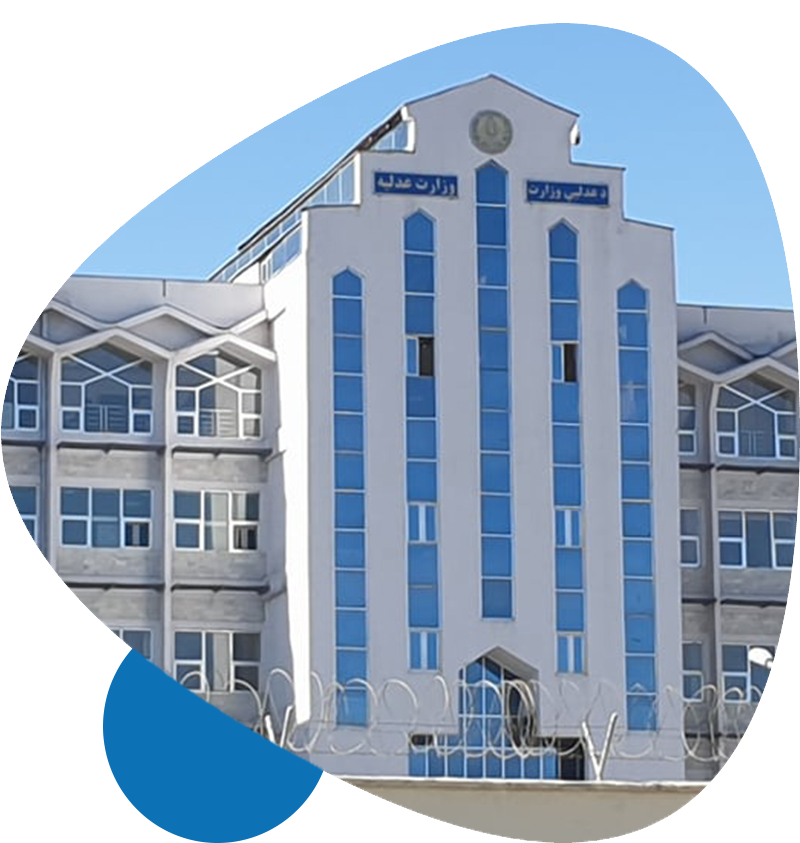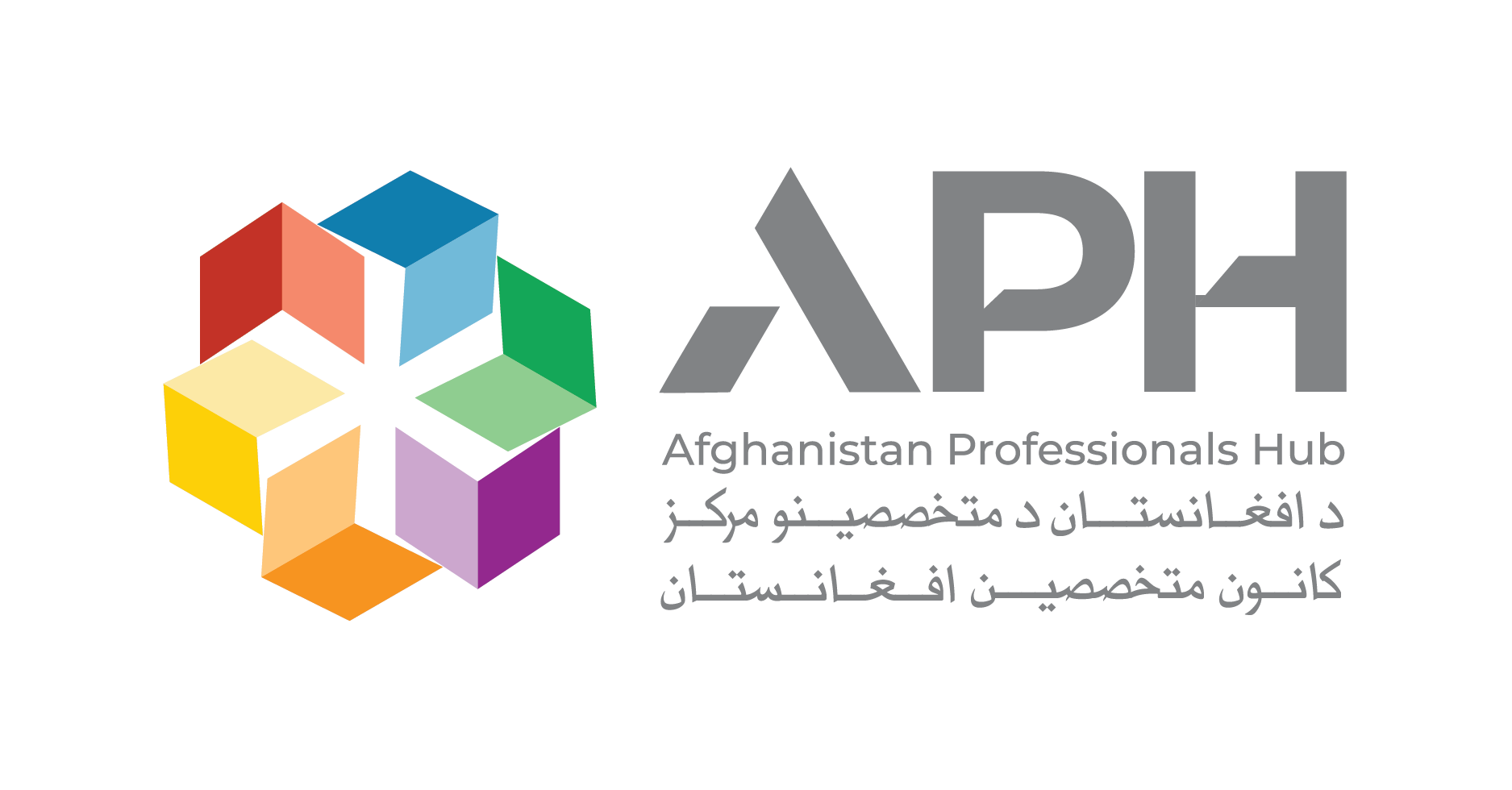Law and Justice Division
Purpose
The purpose of the Law and Justice Division is to support the development of a just, fair, and accessible legal system in Afghanistan. The Division is committed to promoting legal reform, advocating for human rights, and enhancing the capacity of the legal profession.


Roles and Responsibilities
Legal Research and Analysis:
- Conduct comprehensive research on the current legal framework, judicial reforms, and the justice delivery system in Afghanistan.
- Analyze legislation, case law, and legal practices to identify gaps and recommend improvements.
Advocacy and Legal Reform:
- Advocate for laws and policies that uphold human rights, gender equality, and justice for all citizens.
- Engage with lawmakers, government officials, and civil society to promote legal reform and policy changes.
Capacity Building and Professional Development:
-
- Organize training sessions, workshops, and seminars to build the capacity of legal professionals, including judges, lawyers, and law students.
- Foster the development of legal expertise and ethics within the legal community.
Public Legal Education:
- Develop initiatives to educate the public on legal rights, the justice system, and the importance of the rule of law.
- Provide resources and tools to help citizens navigate the legal system effectively.
Networking and Partnerships:
- Create a platform for legal professionals to network, share experiences, and collaborate on initiatives.
- Establish partnerships with international legal institutions and organizations to exchange knowledge and best practices.
Access to Justice:
- Support programs and services that improve access to legal assistance and representation, especially for vulnerable and marginalized populations.
- Promote alternative dispute resolution mechanisms to enhance access to justice.
Monitoring and Evaluation:
- Monitor the implementation of legal programs and initiatives to assess their impact and effectiveness.
- Evaluate the progress of judicial reform efforts and provide feedback for continuous improvement.
Would you like
To join us?
Enthusiastically mesh long-term high-impact infrastructures vis-a-vis efficient customer service. Professionally fashion wireless leadership rather than prospective experiences.
Membership in APH is open to all capable and accomplished individuals, regardless of gender, who are involved in various fields including but not limited to education, health, agriculture, rural development, natural resources management, economics and banking, infrastructure development, private sector development, rule of law, women empowerment, religious and social affairs.
Membership is available to any professional or specialist, whether residing inside or outside the country, who has a proven track record of integrity and commitment for contributing to the development of Afghanistan. Prospective members must accept the principles and provisions of the APH Charter and commit to upholding its objectives.
By joining APH, members will be provided with a user name and password for the online portal of the Afghanistan Professionals Hub, where they will be able to access events, workshops, conferences, training programs, and can communicate with other experts, access online resources, feasibility studies, development project reports and research materials.

